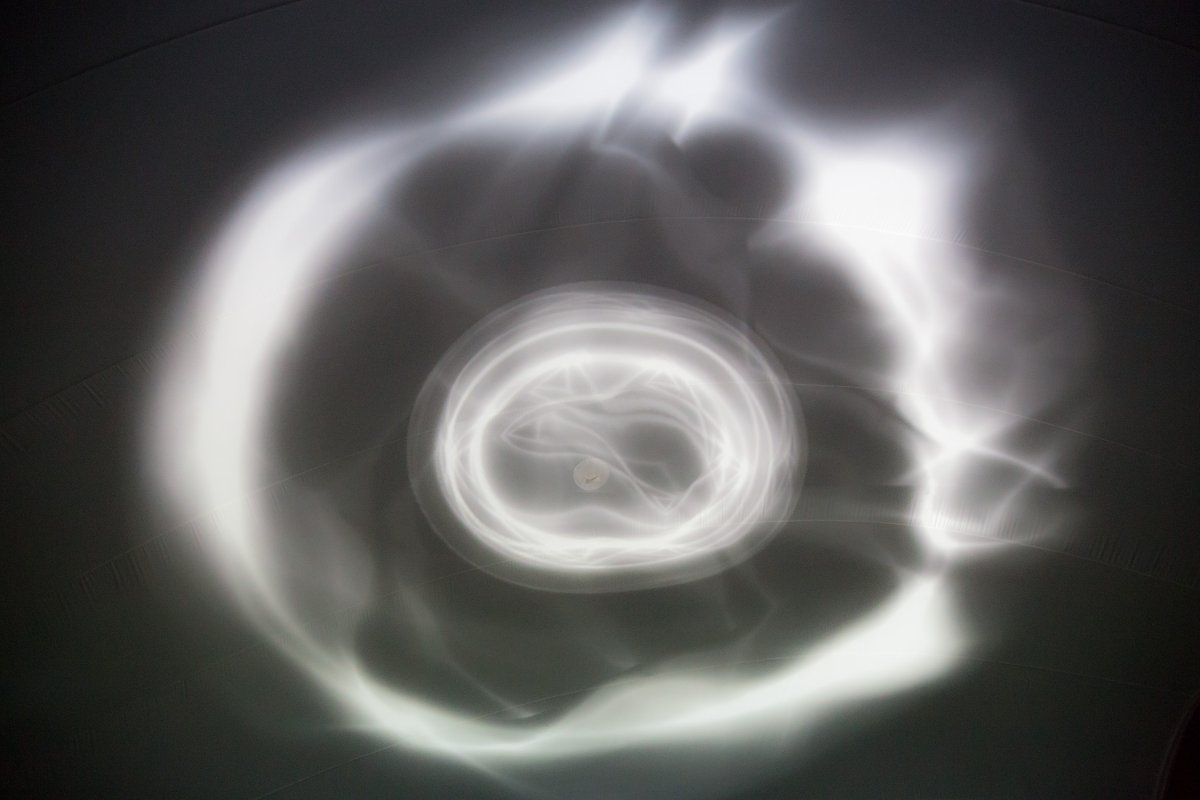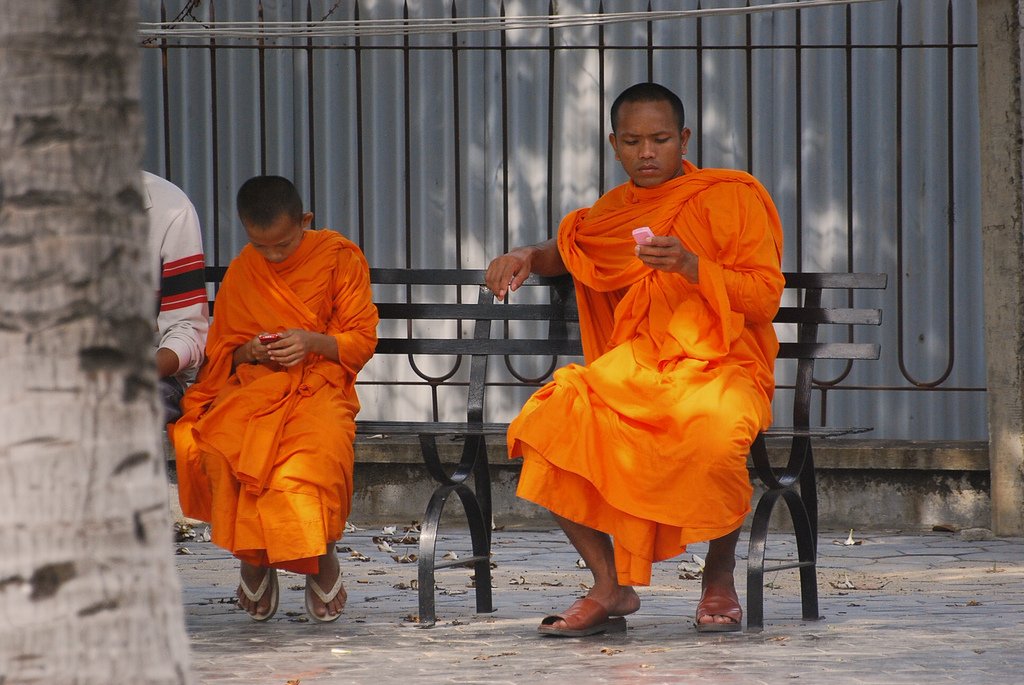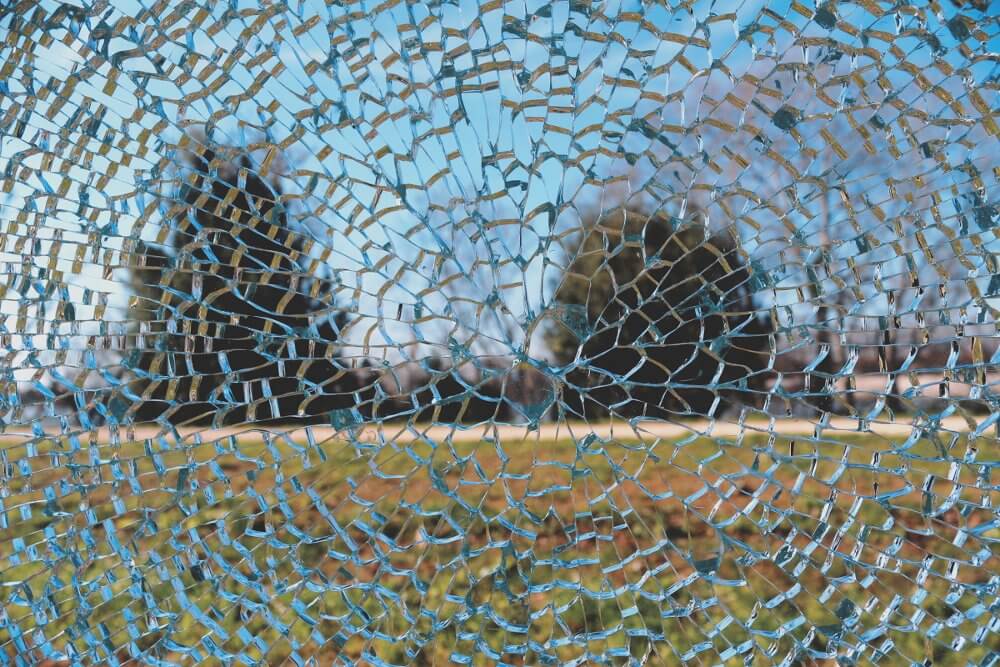I know about running for cover. When I heard bullets whistling over my head on guard duty in Vietnam, my instincts kicked in. I ducked down into my sandbag bunker for safety and protection. To be clear, I was defending an apartment building with high walls in Saigon – not hacking through the dense jungle exposed to sniper attacks, venomous snakes and nasty traps. Still, I experienced the natural instinct to shrink down and protect myself in the face of fear.
The bullets we face now come in different shapes and sizes, but they can be just as lethal. Think pandemic, racism, sexism, police violence, angry exchanges, and abuse in its many forms. The shape of each form provides opportunities to shape who we are. Do we hunker down and protect ourselves or do we stay open and make ourselves vulnerable. Each choice is understandable AND each choice has it consequences.
This post will discuss several ways we run for cover when faced with a threat, pose a few questions and offer some ideas.
Justification- threat to ego. As individuals, we excel in rationalizing our behavior. We can always find excuses why we are right in our actions and not responsible for our behavior. I know when I’m confronted on one transgression or another (not an uncommon phenomenon), my first reaction is to defend myself. It’s a primal instinct to protect ourselves when we are threatened. One of my favorite instructions to people when I’m facilitating a conflict situation is “Please check your ego at the door.” When we are too full of ourselves, there’s no room to hear feedback that may not be congruent with our sense of self. Our egos run for cover to preserve our sense of supremacy or innocence through justification.
identification – threat from difference. Oh how we hide behind our identities. I’m a doctor. I’m teacher. I’m a plumber. I’m a Republican. I’m a Democrat. I’m a Muslim, Christian, or Jew. I’m an American, Russian, Brit, European, or Peruvian. We even refine our identifies within identities. I’m a Catholic Christian. I’m a Sunni Muslim. I’m an orthodox Jew. The smaller and more constrained our identities become, the more they preclude us from seeing ourselves as One with all Beings on earth. The more we confine our identities, the more we limit possibilities and connections. Identities close us from difference and keep us separate and safe – until they don’t. Our identities shield us from the threat of differences.
Simplification – threat from complexity. With the world being such a complex place, we yearn for simple solutions and labels. Even though most issues can be viewed from multiple angles, it’s hard to hold conflicting thoughts in our brains simultaneously. Latching on to a convenient reason for a problem avoids the hard work of deep inquiry. In our contemporary culture wars, “Woke” people are often dismissed or demonized, but the whole idea behind ‘Woke” is to awaken to uncomfortable truths. When offensive speech is called out, we say cancel culture limits free expression, but hate speech needs to be named and condemned. Having simple answers to complex problems avoids the pain of digging for the truth. Some people claim that critical race theory brainwashes students to make every issue about discrimination and undermines patriotism (another cover). For example, we like to think of our founding fathers as proponents of freedom and equality – the fundamental principles on which America proudly stands. It’s fair to say that our initial Presidents stood for many of the values that make the United States a beacon for hope in the world, AND 10 of the 12 first Presidents all enslaved people. It seems to me that we should stop hiding from that fact and other equally uncomfortable facts.
Distraction – threat from change. A common reaction to any change imposed on us is to resist. Until we can see how we may benefit from a change, we often deny that it’s happening or create distractions to see if we can undermine whatever the change may be. Distractions take the form of dog-whistling (seeding doubt), gas-lighting (sending coded messages), or attacking small issues to manipulate others to kill progress. These distractions are manipulative attempts to avoid opening up to change, stepping up to responsibilities, and committing to a new way of doing things. We duck the threat of change by distracting ourselves and others in ways that thwart progress.
Obsession – threat from flexibility and freedom. My mornings are so packed with routines I find it difficult to entertain any alternatives to my schedule. From 6:00AM until 11:00, I’m pretty locked in. I close myself off from new adventures during that time because I’m afraid I will quickly deteriorate if I don’t attend to all my daily physical, emotional, intellectual, and spiritual requirements. I need five hours to get prepared to face the day. These obsessions, while they give me great pleasure and add to the quality of my life, often keep me from being more flexible and free to entertain other possibilities. Based on my own experience, it seems to me that obsessions can provide cover for not being more spontaneous and open to fresh, new adventures.
Ideology – threat from doubt. Religion and nationalism provide wonderful cover from doubt and discovery. If I’m absolutely certain about the supremacy of my church, my country or my moral code, I don’t need to do the difficult work of deeply exploring different points of view and beliefs. Righteousness not only frees us from doubt but also preserves our sense of innocence. Provocative questions can cause great discomfort. It’s much easier to avoid them by retreating to our bubbles or hiding behind our beliefs. We avoid the threat of doubt by ducking behind dogma.
Superficiality– threat from disagreement. For 34 years, my wife and I were part of a diverse book group that met once a month to discuss a book chosen by one of the members on a rotating basis. Not only were we all introduced to literature and ideas we would have never discovered on our own, but we were all confronted with very different opinions, beliefs, lifestyles and thoughts that made us think more deeply about differences. Many conversations were uncomfortable and contentious, but we worked through them responsively and respectfully. I miss those meaningful conversations and the people who caused me to live in hard questions. I find that most conversations are fairly superficial chit chat about this and that – polite, light, and trite. I’m not suggesting that every conversation needs to be ponderous and heavy; I just wonder how often our superficial engagements are ways to avoid more difficult, but meaningful, conversations.
Virtue Signaling – threat to brand. In the wake of the George Floyd protests, many businesses made large contributions to racial justice and DEIB training (Diversity, Equity, Inclusion, and Belonging). Some of those investments were heartfelt responses to heinous and horrifying events, and others were disingenuous attempts to protect brands. Instead of stepping up to the role Corporations play in fueling inequities, many corporate executives appease their consumers, clients and potential protesters with token gestures to appear more generous than they really are. The truth is that CEOs now earn about 300 times what an average worker earns – up 15x what the ratio was in 1960s. And, let’s face it, the whole goal of capitalism is to expand inequities in market share, wealth accumulation, product differentiation and so on. It is no wonder they duck for cover by virtue signaling when their fundamental operating principles are challenged. Think Facebook.
Pretending – threat from exposure. In my work with corporate executives and HR departments, I have found an abundance of pretending. Executives like to pose as confident decision makers without doing the rigorous inquiry required to substantiate points of view. HR departments typically pretend to serve as business partners while the truth is that they tend to be more obstructionists than enablers. Pretending is particularly pronounced in the pharmaceutical industry where prolific profits make it possible to associate inflated compensation with actual competence. People can pretend that they have outsized impact without risk of exposure because the money keeps flowing in. Wealth is a great cover.
I could go on, but I think I’ve made the point. All of these covers keep us from knowing the truth and from being all we can be in any given moment. Letting go of our covers means we have to expose ourselves to what we don’t know and who we really are. That means making ourselves vulnerable. That means confronting facts. Our personalities provide cover that enables us to dodge, duck and diminish ourselves and others in order to avoid coming face-to-face with the essence of who we are. Running for cover is all about finding safety in an unsafe world.
I’m not suggesting we should all stand up in the middle of a fire fight. I’m glad I had a bunker in Vietnam to keep me safe. I’m also glad so many of us masked up during the pandemic. I’m suggesting that we need to make discriminations about when we run for cover and when we open up and make ourselves vulnerable.
Here are the questions we might ask ourselves:
- What are we hiding from?
- What’s keeping us from opening up?
- What are we afraid of? Truth, Love, Freedom, Peace, Mystery, Wonder, Connection
Look, let’s be clear. Hiding is sometimes necessary and good. For example, f I had abusive parents, I would probably shrink as small as I could to keep from being seen. Most of us have suffered some form of trauma in our lives and have learned ways to protect ourselves. To shrink. To dive for cover. To make ourselves as small and numb as possible. To retreat into the safest, most comfortable bubble we can find.
We also know that political, religious, and corporate leaders shamelessly manipulate people to run for cover while they are laughing all the way to the bank. Millions of people are being gamed, and they don’t have a clue. Every bubble is a revenue source for one titan or another.
To me, however, freeing ourselves from manipulators and fully developing our vitality and spirituality require us to open up our hearts and minds and souls. We need to take risks and dig deeply. We need to name our traumas, understand the conditions and cultures that shaped who we are, and make a conscious choice to pursue whatever purposes, principles, and possibilities we hold dear in our lives. May it be so.
Also published on Medium.




I love this. Thank you